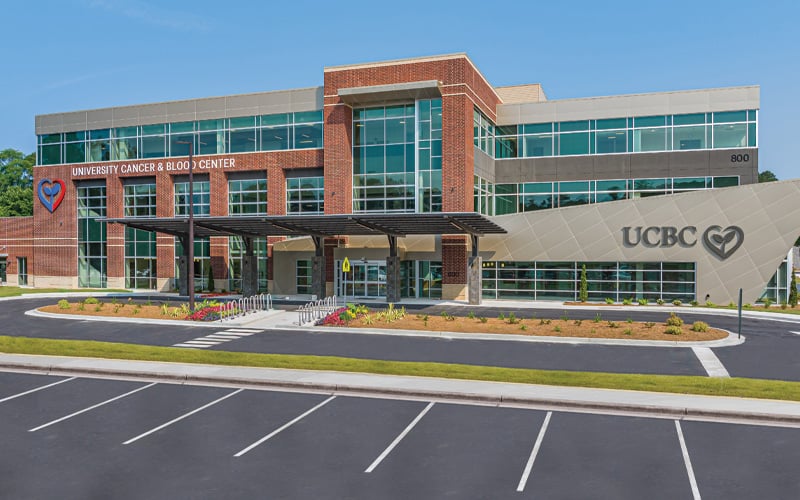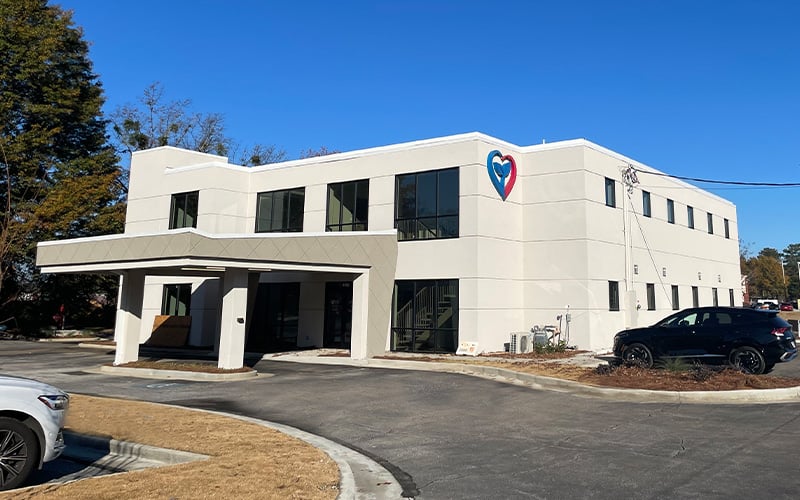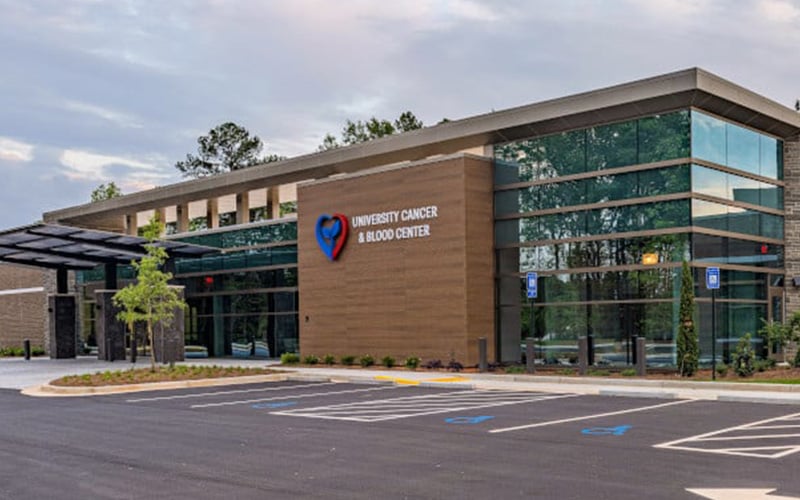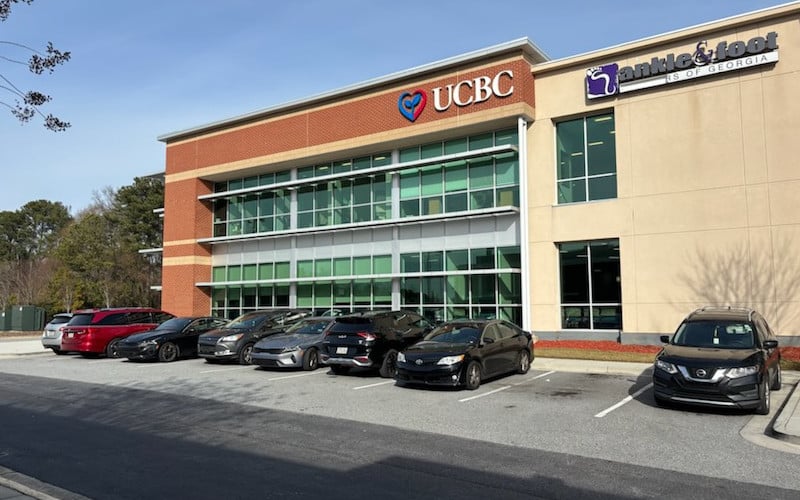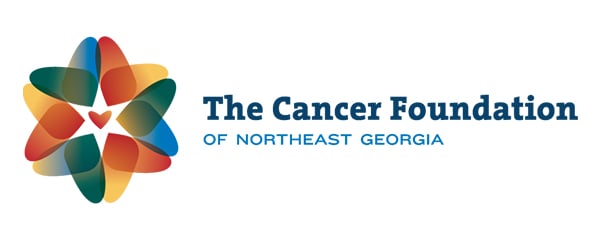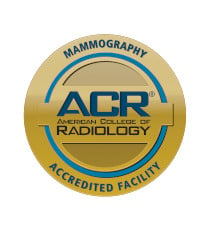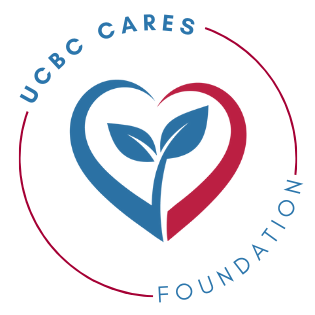Overview:
Esophageal cancer is a disease in which malignant (cancer) cells form in the tissues of the esophagus. Cancer of the esophagus (also called esophageal cancer) starts in the inner layer (the mucosa) and grows outward (through the submucosa and the muscle layer). Since 2 types of cells can line the esophagus, there are 2 main types of esophageal cancer: Squamous cell carcinoma and adenocarcinoma. Signs and symptoms of esophageal cancer include painful or difficulty swallowing, weight loss, pain behind the breastbone, hoarseness and cough, indigestion and heartburn, and a lump under the skin. Smoking, heavy alcohol use, and Barrett esophagus can increase the risk of esophageal cancer.
Who treats esophageal cancer?
Thoracic surgeons, surgical oncologists, radiation oncologists, medical oncologists, and gastroenterologists
Treatment options:
- Surgery
- Radiation therapy
- Endoscopic treatments
- Chemotherapy
- Immunotherapy
To learn more about esophageal cancer, click here.
Source: National Cancer Institute

